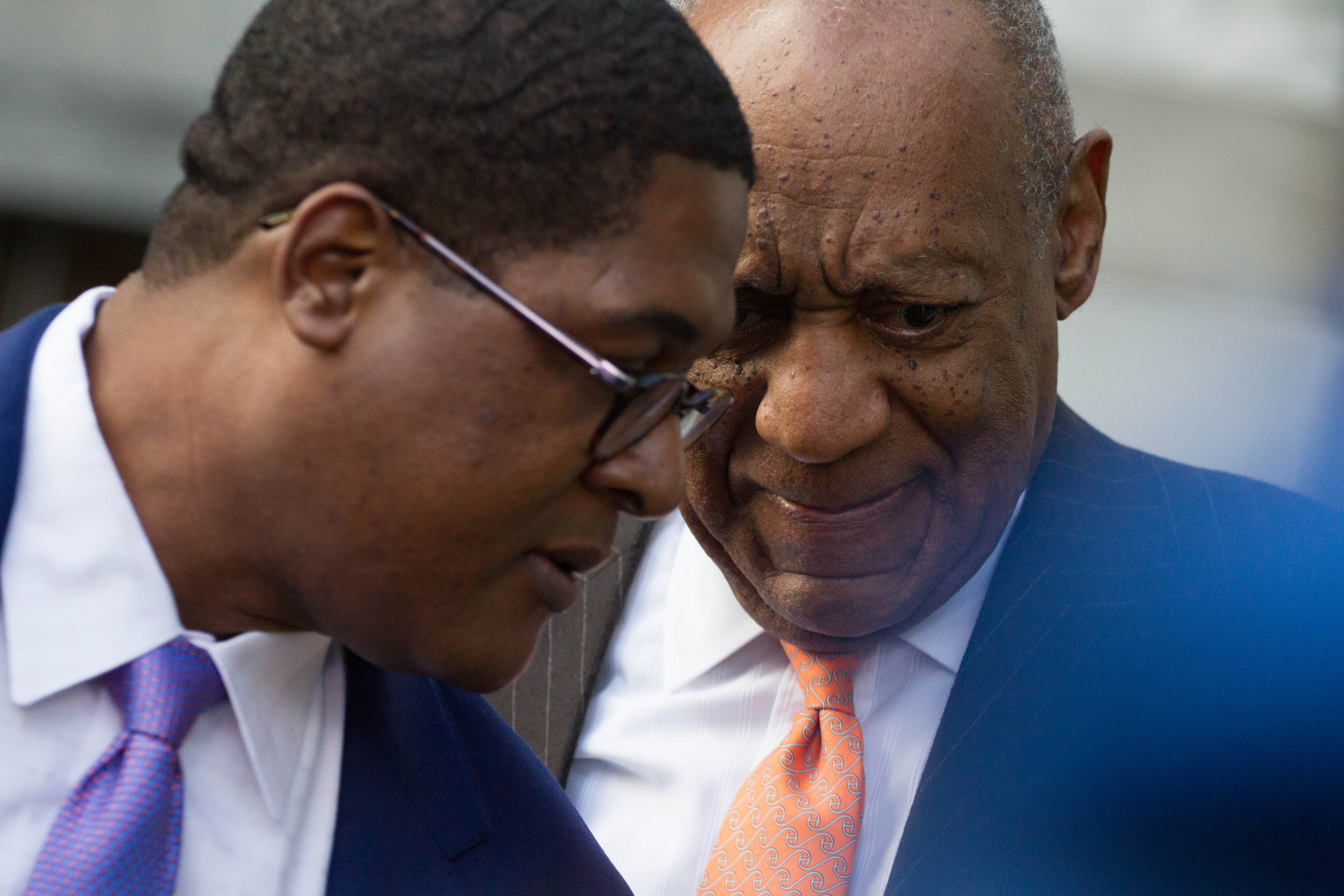On Thursday, August 26, 2021, the Supreme Court of California issued a ruling in People v. McDaniel, establishing precedent that jury unanimity and reasonable doubt do not apply to the sentencing phase in California criminal law cases where the death penalty is warranted.
Articles Posted in Appeals
Derek Chauvin was convicted of second-degree murder, third-degree murder, and second-degree manslaughter on Tuesday after three weeks of trial and approximately one day of deliberation.
On Monday, December 21, 2020, Google, Microsoft, Cisco, Github, LinkedIn, VMWare, and Internet Association filed a joint amici curiae brief in support of Facebook in NSO Group Technologies Limited, et al v. WhatsApp Inc., et al. The case is on appeal from the U.S. District Court, Northern District of California, concerning a lawsuit filed by WhatsApp, owned by Facebook, alleging that NSO Group's spyware was used to hack multiple devices through a vulnerability in WhatsApp's messaging service. NSO Group previously argued that it should enjoy sovereign immunity since its tools are sold to foreign governments.
On Thursday, November 12, 2020, a panel for the U.S. Court of Appeals, First Circuit, ruled in favor of Harvard University in Students for Fair Admissions, Inc. v. President and Fellows of Harvard College. The panel ruled that Harvard's race-conscious undergraduate admissions process does not violate Title VI of the Civil Rights Act of 1964.
On Wednesday, October 7, 2020, the First District Court of Appeal in California ruled that California law prevents anyone from recording either side of a phone conversation without both parties' consent. San Francisco attorney Eric Gruber previously filed suit against Yelp, Inc., alleging violations of the California Invasion of Privacy Act ("CIPA") (Pen. Code, § 630 et seq.) for recording conversations between himself and Yelp sales representatives without his notice or consent. The trial court ruled in Yelp's favor on a motion for summary judgment, finding no triable issues as to whether Yelp violated CIPA. The First District Court of Appeal reversed and remanded the trial court's decision.
On Tuesday, October 13, 2020, the United States Supreme Court denied a petition for a writ of certiorari in Malwarebytes, Inc. v. Enigma Software Group USA, LLC. The high court appeal stems from a case wherein Malwarebytes used software to block its users from accessing products from its competitor, Enigma. The district court rejected Enigma's claim based on immunity provided by Section 230 of the Communications Decency Act. The Ninth Circuit panel reversed the district court's ruling, stating that "[i]mmunity under that section does not extend to anticompetitive conduct." Supreme Court Justice Clarence Thomas penned a concurring opinion to the denial of certiorari, suggesting that a review of Section 230 of the Communications Decency Act may be warranted in an appropriate case.
On Tuesday, May 12, 2020, the United States Court of Appeals for the Ninth Circuit reversed and remanded the United States District Court for the District of Oregon's decision in Soul'd Out Productions, LLC v. Anschutz Entertainment Group, Inc. (Case No. 19-35301). The district court previously dismissed Soul'd Out Productions, LLC's ("Soul'd Out") claims of tortious interference and unlawful competition against Anschutz Entertainment Group, Inc. ("AEG") for lack of standing. The three-judge panel for the Ninth Circuit found that "[n]o plaintiff is better suited to assert the tort claims alleged here, and there is therefore no prudential reason to deny Soul'd Out standing."
On Tuesday, December 10, 2019, the Superior Court of Pennsylvania ruled against actor Bill Cosby in his appeal to overturn three counts of aggravated indecent assault. Cosby and his lawyers presented eight (8) grounds for appeal. The appeal was denied in a nintey-four (94) page order, written by President Judge Emeritus, John T. Bender.








